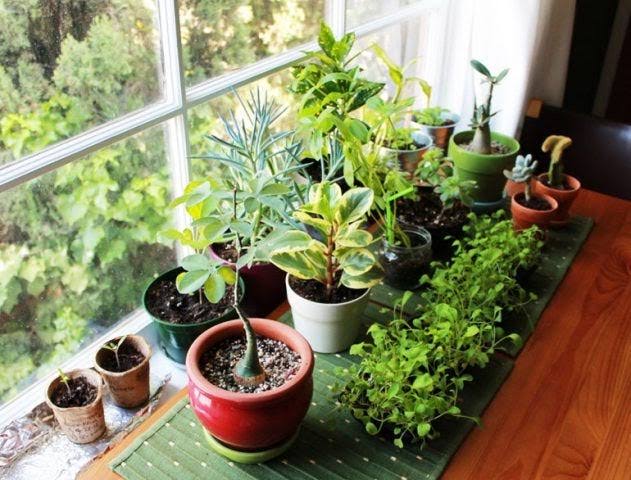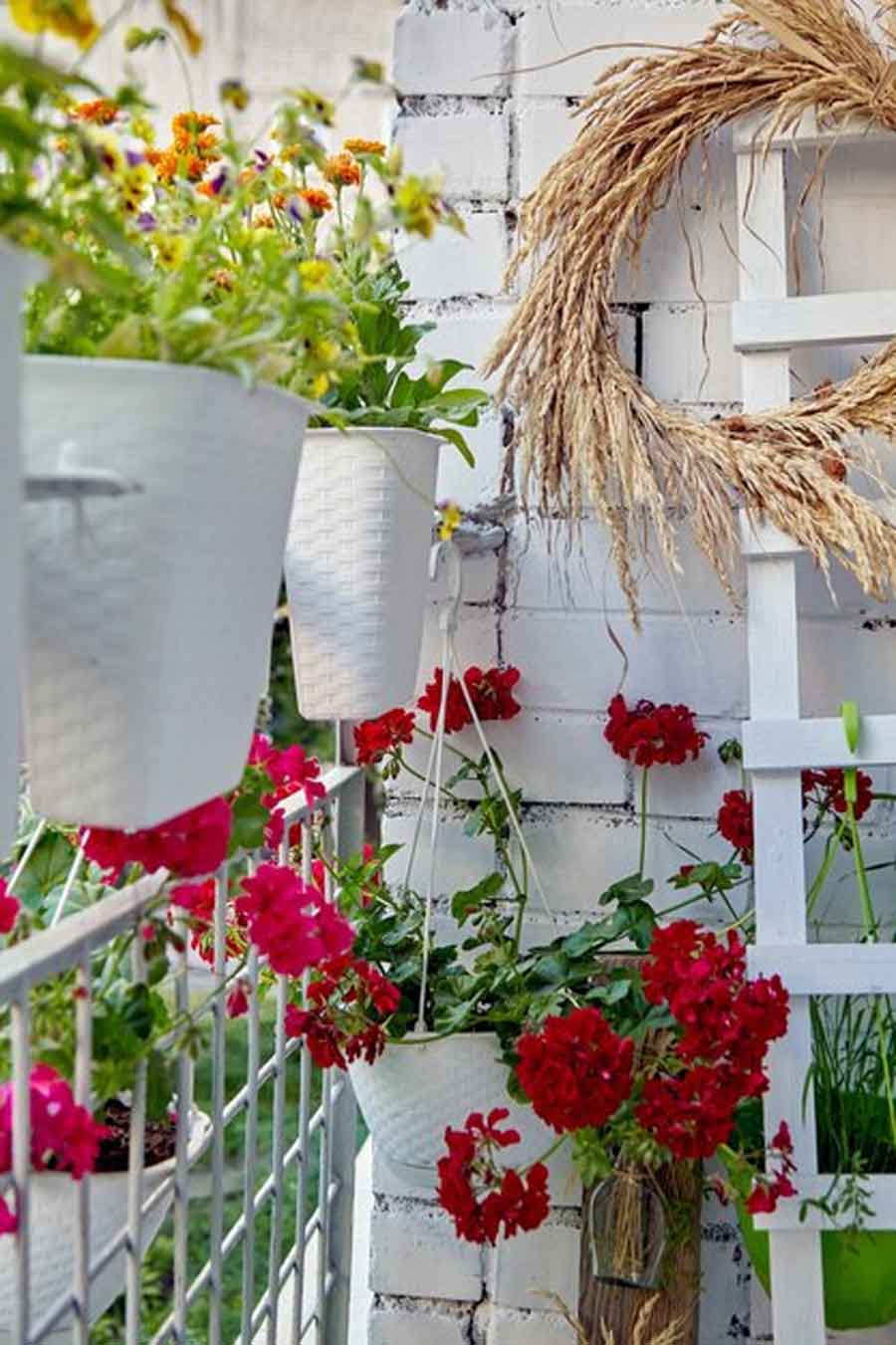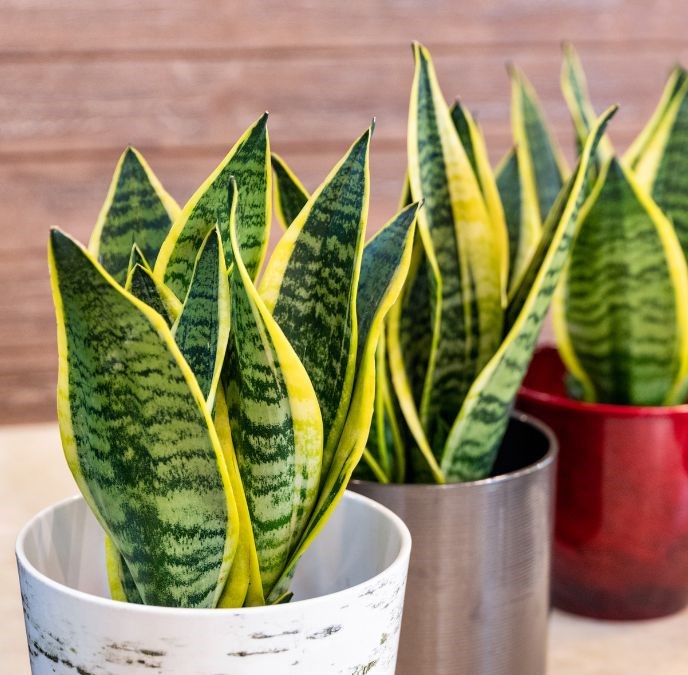Vastu Tips For Home Garden To Attract Peace And Happiness

Many people opt for home gardens to create a positive environment at home. However, you are advised to follow Vastu rules associated with home gardens to ensure peace and happiness in your home. Know about such rules in this article.
Home gardens are a beautiful way to elevate the look and aura of your home. However, it is advisable to follow the Vastu rules associated with it to avoid any kind of trouble and promote the peace and positivity of your home. In this article, we will tell you about five such tips about keeping plants at your home.
Which Plants To Keep In Balcony As Per Vastu?

The balcony of the house is very important in Vastu and you are advised to plant vine trees on your balcony. Keeping Money plant on the balcony is also believed to be very auspicious and it is said that this helps you get rid of all the obstacles from your house and family.
Which Plants To Keep In Courtyard As Per Vastu?
It is advisable to plant fragrant trees in the courtyard of your house as they bring you happiness. You can opt for coconut, Ashoka, rose, jasmine, saffron and Champa trees for the courtyard of your house. However, you should not plant mango, blackberry, banana and peepal trees in the courtyard of your house.
Which Plants To Keep At The Main Gate As Per Vastu?
Planting a blackberry, coconut (Vastu Benefits Of Planting Coconut Tree In Front Of Home) or Ashoka tree at the main gate of the house is believed to act as a protective shield for your house, according to Vastu. This keeps you away from negative energy, the influence of evil eyes, and obstacles in your life.

Where Should You Keep Tulsi Plant As Per Vastu?
According to Vastu, you should keep the Tulsi plant in the northeast direction at home to gain the blessings of Maa Tulsi.
Which Plants You Should Not Keep At Home As Per Vastu?
It is considered to be very inauspicious to plant peepal and banyan trees at home. However, if they are planted outside the house or in a temple, they are deemed worshippable in Hindu religion.
By Jyoti Sethi



